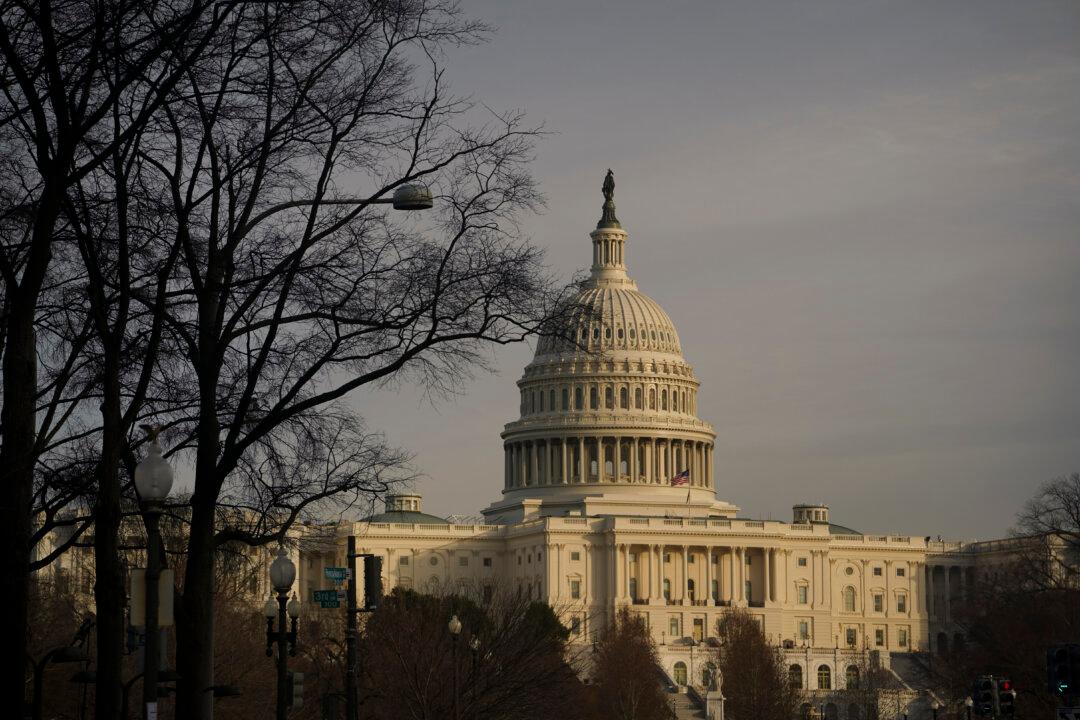Commentary
One of the most serious contradictions for the Republican Party these days is the immense—one could even say yawning—gap between the party’s rank-and-file and much of its old guard leadership.

One of the most serious contradictions for the Republican Party these days is the immense—one could even say yawning—gap between the party’s rank-and-file and much of its old guard leadership.